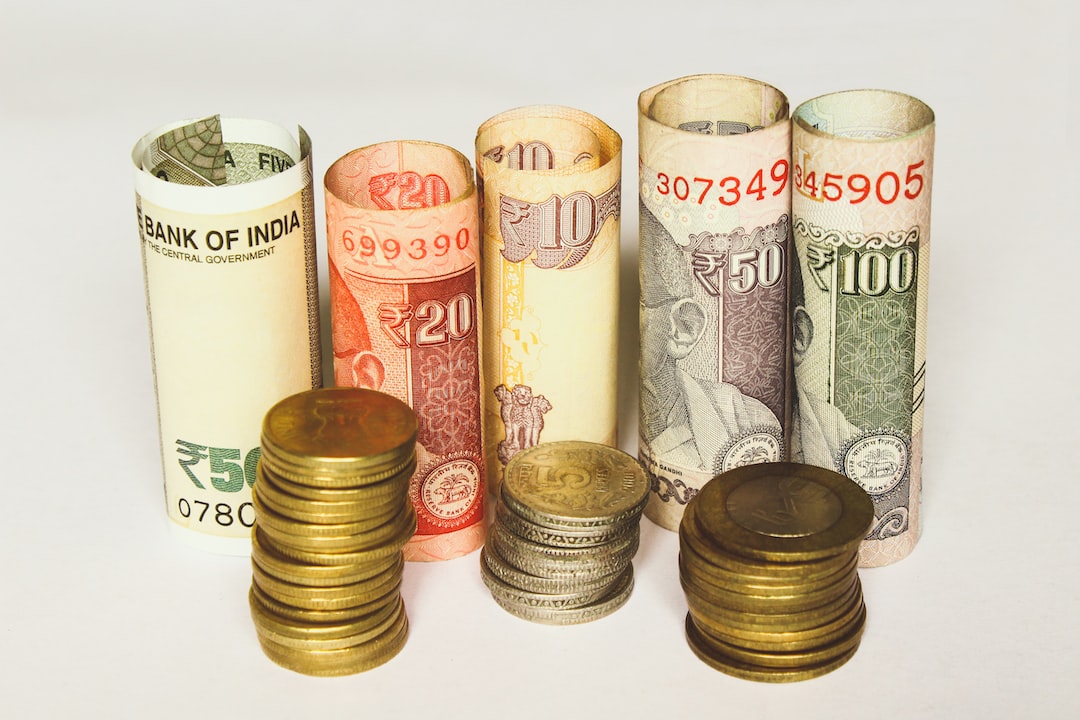The foreign exchange market, commonly known as forex, is a decentralized global market where currencies are traded. It is the largest financial market in the world, with an average daily trading volume of over $5 trillion. Due to its size and importance, the forex market is subject to regulation by various regulatory bodies around the world. In this article, we will discuss who regulates the forex market and what their roles are.
Regulation of the forex market is necessary to ensure that it operates in a fair and transparent manner. It also helps to protect investors from fraud and other unethical practices. The regulatory bodies responsible for overseeing the forex market are typically government agencies or independent organizations that are authorized by the government.
In the United States, the primary regulator of the forex market is the Commodity Futures Trading Commission (CFTC). The CFTC is an independent government agency that was created in 1974 to regulate the futures and options markets. In 1982, it was given the authority to regulate the forex market as well. The CFTC’s mission is to protect market participants and the public from fraud, manipulation, and abusive practices related to the sale of commodity and financial futures and options.
The CFTC regulates forex brokers and dealers, as well as the futures and options markets. Forex brokers and dealers must register with the CFTC and comply with its rules and regulations. The CFTC also requires forex brokers to disclose certain information to their clients, such as their financial condition, trading practices, and the risks associated with forex trading. Additionally, the CFTC has the authority to investigate and prosecute individuals and firms that violate its rules and regulations.
Another regulatory body that oversees the forex market in the United States is the National Futures Association (NFA). The NFA is a self-regulatory organization that was created in 1982 to oversee the activities of futures and options brokers. In 2008, it was given the authority to regulate forex brokers as well. The NFA’s mission is to protect investors and maintain market integrity by ensuring that its members comply with its rules and regulations.
The NFA requires forex brokers to register with the organization and comply with its rules and regulations. It also provides education and training for investors, as well as a dispute resolution process for complaints against its members. Additionally, the NFA has the authority to investigate and prosecute individuals and firms that violate its rules and regulations.
In Europe, the forex market is regulated by the European Securities and Markets Authority (ESMA). The ESMA is an independent EU authority that was created in 2011 to ensure the stability of the financial system and protect investors. Its mission is to promote investor protection and enhance the functioning of financial markets through the regulation of securities and derivatives markets.
The ESMA regulates forex brokers and dealers, as well as other financial institutions. It requires forex brokers to be authorized and regulated by the relevant national authority in the country where they operate. The ESMA also sets standards for the conduct of forex trading, such as the obligation to provide clients with clear and accurate information about the risks associated with forex trading.
Other regulatory bodies around the world include the Financial Conduct Authority (FCA) in the United Kingdom, the Australian Securities and Investments Commission (ASIC) in Australia, and the Financial Services Agency (FSA) in Japan. These organizations have similar roles and responsibilities as the CFTC, NFA, and ESMA.
In conclusion, the forex market is subject to regulation by various government agencies and independent organizations around the world. These regulatory bodies are responsible for ensuring that the market operates in a fair and transparent manner, protecting investors from fraud and other unethical practices, and maintaining the stability of the financial system. Forex brokers and dealers must register with these regulatory bodies and comply with their rules and regulations. Investors should choose forex brokers that are authorized and regulated by these organizations to ensure their protection and the integrity of the market.





